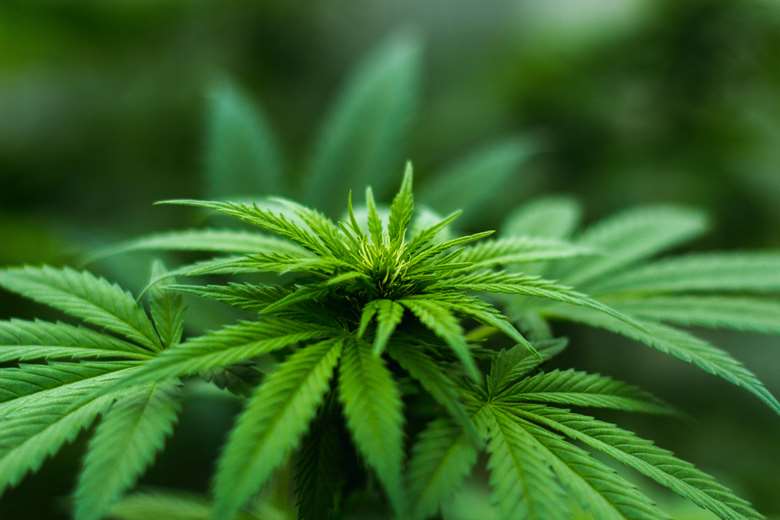Children's mental health services 'turning away cannabis-related cases'
Joe Lepper
Thursday, September 13, 2018
Young people with mental health issues linked to cannabis use are being turned away from child and adolescent mental health services (CAMHS), a report has suggested.

The report by drugs policy think-tank Volteface found that shrinking resources in community mental health provision is creating intense competition for support, with conditions such as eating disorders and self-harming being prioritised over cannabis-related conditions.
This comes amid a dramatic increase in the number of young people being treated for cannabis-related mental health problems in hospital.
The report found that between 2012/13 and 2016/17 there was a 54 per cent rise in the number of young people in England and Wales who were admitted to hospital with a cannabis-related mental health problem.
Over the last five years the number of young people admitted to hospital with a more serious diagnosis of cannabis-related psychosis has increased by 112 per cent, compared with a 12 per cent rise for adults.
But over this period there has been a 4.5 per cent fall in cannabis-related cases dealt with by CAMHS.
"The divergence between hospital presentations and those for CAMHS may be the result of young people presenting at CAMHS but being unable to access the service due to shrinking capacity as a result of austerity," states the report.
"Where there is competition for spaces, interviewees commented that young people presenting with a cannabis-related mental health problem were unlikely to be prioritised."
- Analysis: Fixing CAMHS funding shortage
- Young people missing out on drug support due to cuts, warns report
One lecturer in mental health told researchers: "The problem CAMHS is facing is that there's a whole range of conditions that are competing for attention - eating disorders, young people self-harming. I think they're being pushed and pulled all over the place, and with very limited resources."
The lecturer added: "Are problems due to cannabis life-threatening? In the main, they're not. That's the state of the services keeping people alive, which isn't brilliant, really."
The report also suggests that there is a reluctance by CAMHS workers to diagnose a mental health problem as being cannabis-related. One clinical director said: "I think they are anxious about what can be a blip in the young person's life and not trying to label them."
Another factor that is preventing young people gaining access to support is stigma.
"Concern around stigma could be stopping young people from presenting at services," adds the report.
"As cannabis is illegal, interviewees commented that young people might be reluctant to tell their parents or a professional that they have developed a problematic relationship with it and, equally, parents may be reluctant to tell authorities. It was also reported to Volteface that young people feared being judged as weak by their peers."
In addition, one drug and alcohol practitioner interviewed said that GPs are seeing cannabis use and mental health as two separate issues and refusing to refer young people to CAMHS until they have stopped using cannabis.
"If a young person goes to their GP and says they want to be referred into CAMHS but also says they're smoking cannabis, the GP will more often than not turn around and say, ‘you have got to deal with the cannabis first, reduce or stop the cannabis use and the referral can go in'," said the practitioner.
Among recommendations made in the report is investment in youth services to help improve young people's self-esteem, coincidence and life chances. Improved drug education in schools is also being called for, with at least yearly sessions and involving teachers trained by drug support experts.
Commenting on the report, children's commissioner for England Anne Longfield said: "Cannabis clearly has mental health risks attached to its use, but we know when it comes to its distribution, young people are at the bottom of the ladder and are the most expendable in the chain, where violence and exploitation are rife."
The government's December 2017 green paper transforming Children and Young People's Mental Health has pledged £300m in extra funding for children's mental health support. But mental health campaigners are concerned that this will only cover between a fifth and a quarter of England and will not be launched until 2022/23.




